People Who Suddenly Ignore Their Friends And Family As They Get Older Usually Have These 11 Reasons
They lean on avoidance for support.
 LightField Studios | Shutterstock
LightField Studios | Shutterstock While we tend to experience a dip in feelings of loneliness in middle adulthood, as we get older it’s not uncommon for feelings of loneliness and social isolation to return, at least according to a Northwestern Medicine study. Whether it’s a natural disconnection from family, new health or emotional struggles, or a struggle with making friends, there are several reasons why chronic loneliness affects aging individuals at disproportionate rates.
In some cases, the cycle of isolation and loneliness can lead to people actively disconnecting from their friends and communities, even when they don’t realize it, to cope. People who suddenly ignore their friends and family as they get older usually have many reasons, but one could ironically be trying to “cope” or soothe their internal feelings of isolation.
People who suddenly ignore their friends and family as they get older usually have these 11 reasons
1. They’re burned out
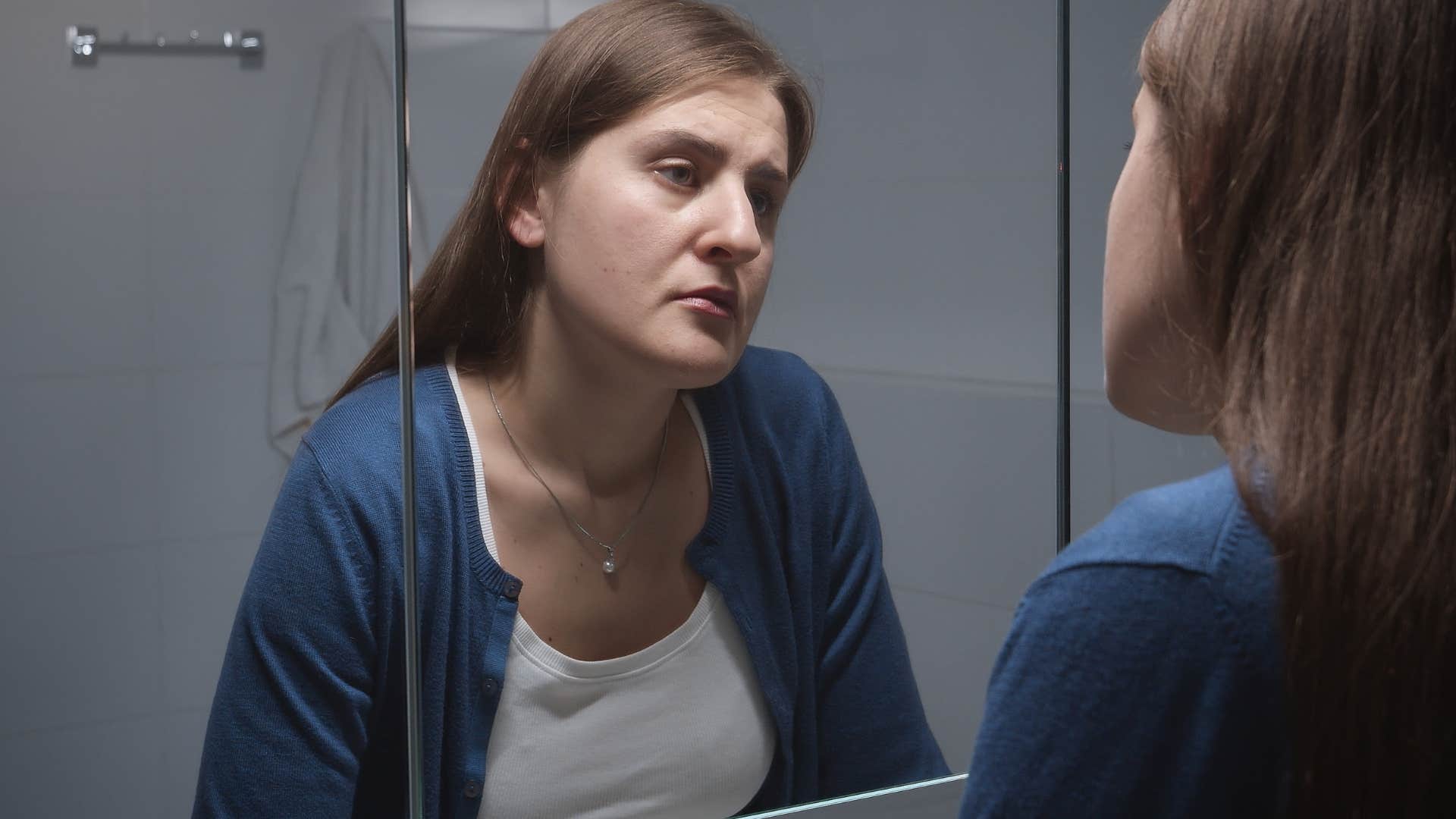 Kyrylo Ryzhov | Shutterstock
Kyrylo Ryzhov | Shutterstock
People who are consistently burned out and chronically stressed may ignore their friends and family more as they get older. They’re trying to cope with their own internal feelings of disarray — trying to appease and protect everyone else — even if it means adding more chaos from loneliness to their plate.
This kind of avoidant behavior isn’t necessarily a surprise, considering that people with anxious and avoidant attachment styles in their relationships are more at risk for developing burnout in every aspect of their lives. They struggle to cope with their fear of rejection or abandonment, so instead of taking the rest they need and focusing on themselves, they burn themselves out trying to appease everyone.
2. They’re trying to actively suppress emotions
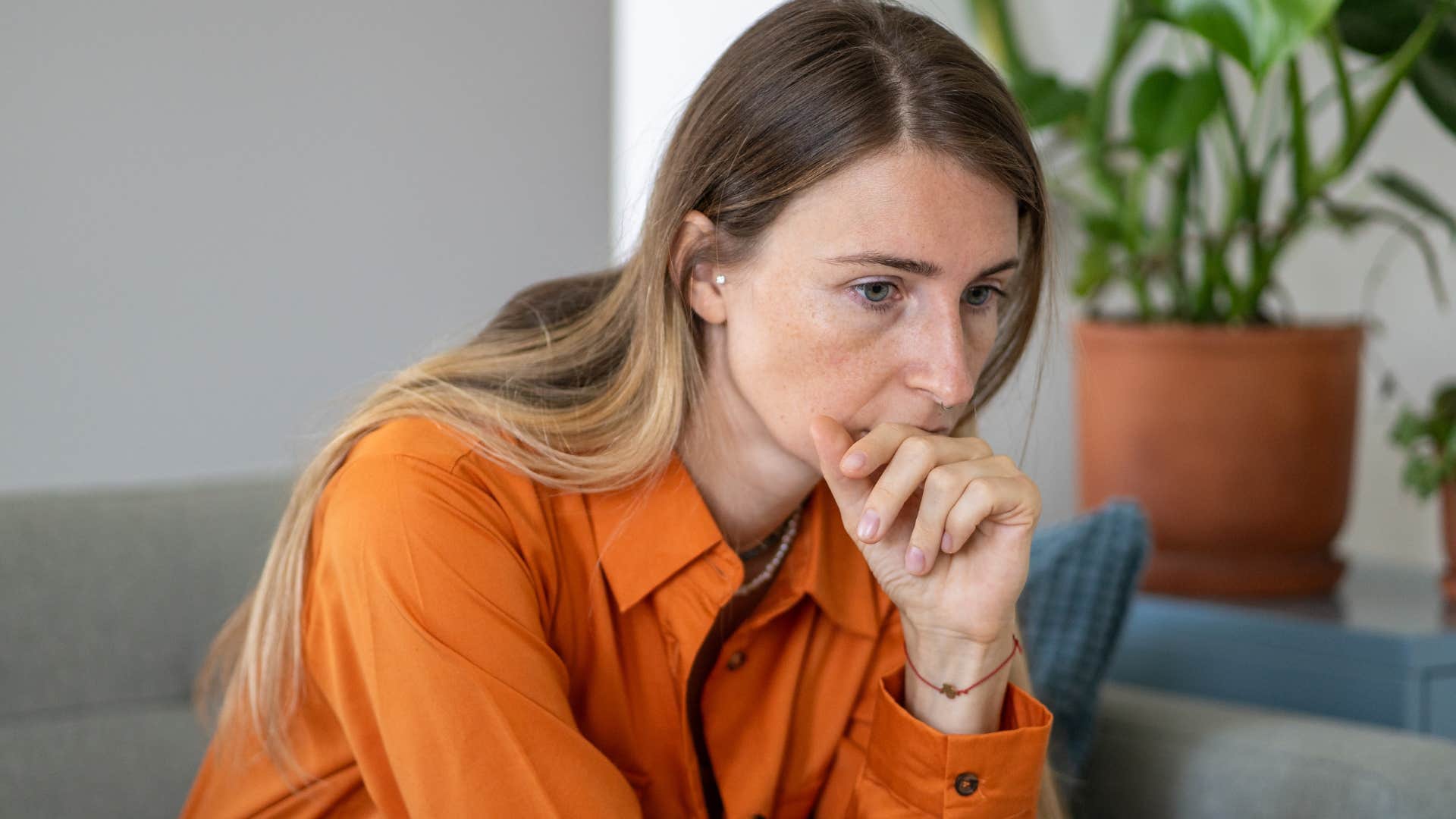 DimaBerlin | Shutterstock
DimaBerlin | Shutterstock
If someone is worried about “being a burden” to their close friends and family, they may actively isolate themselves and suppress their complex emotions as a coping mechanism. Even if it leads to disconnects in their relationships and a sense of chronic loneliness, they’d prefer to bottle everything up than potentially strain their relationships by asking for help.
Unfortunately, even if withholding emotions and refusing to ask for help seems to offer a fleeting sense of comfort that they’re not burdening others, a study from the Journal of Personality and Social Psychology found that these people experience lowered social support, relationship satisfaction, and mental health.
3. They feel burdened with the ‘protector’ role
 Raushan_films | Shutterstock
Raushan_films | Shutterstock
If someone’s spent their life in the “protector” role, appeasing their friends, solving everyone’s problems, and being “the strong one” for their families, chances are they don’t know how to ask for help themselves when they’re struggling.
That’s part of the reason why people suddenly ignore their loved ones as they get older — they’re dealing with more strain, stress, and loneliness, but aren’t sure how to let go of their misguided role to ask for help.
Even though it’s often scary and uncomfortable at first, a Stanford Report study suggests that asking for help has a number of benefits for everyone involved. Not only does it boost the person asking’s mental health and sense of stability, it also ensures that other people feel valued and needed in important ways.
4. They feel misunderstood by the people around them
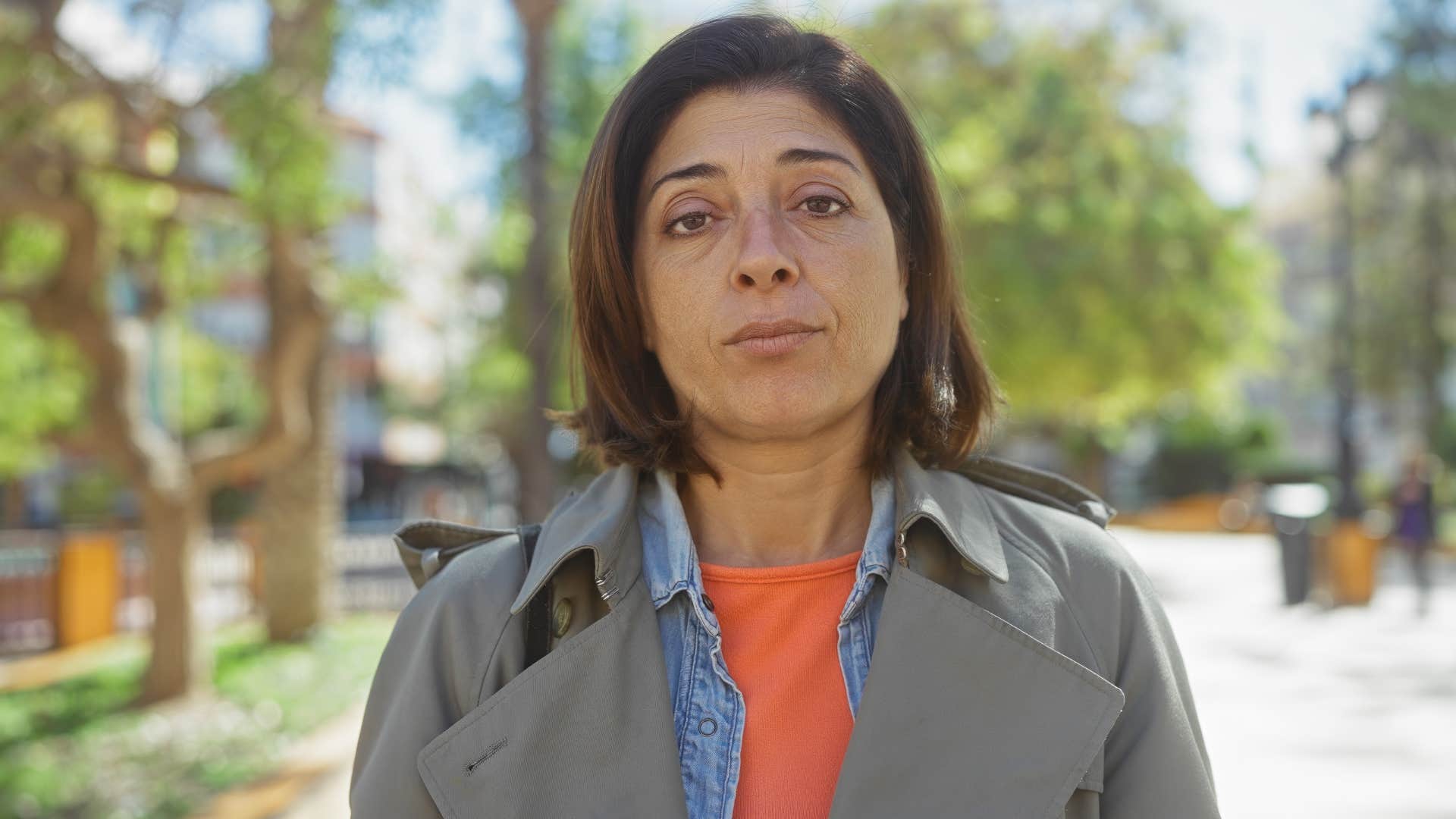 Krakenimages.com | Shutterstock
Krakenimages.com | Shutterstock
If someone feels misunderstood in their relationships and communities, it’s not uncommon for avoidant behaviors to follow. Feeling understood and seen by people is what forms our healthy relationships and gives us a sense of stability around others, but when it’s missing, it can cause a lot of turmoil and disconnection.
People who suddenly ignore their friends and family as they get older usually have these reasons. They’ve changed in some way or evolved into a new identity, but their friendships, relationships, and communities don’t yet have the information and connection needed to fully support them.
5. They don’t feel seen in their communities anymore
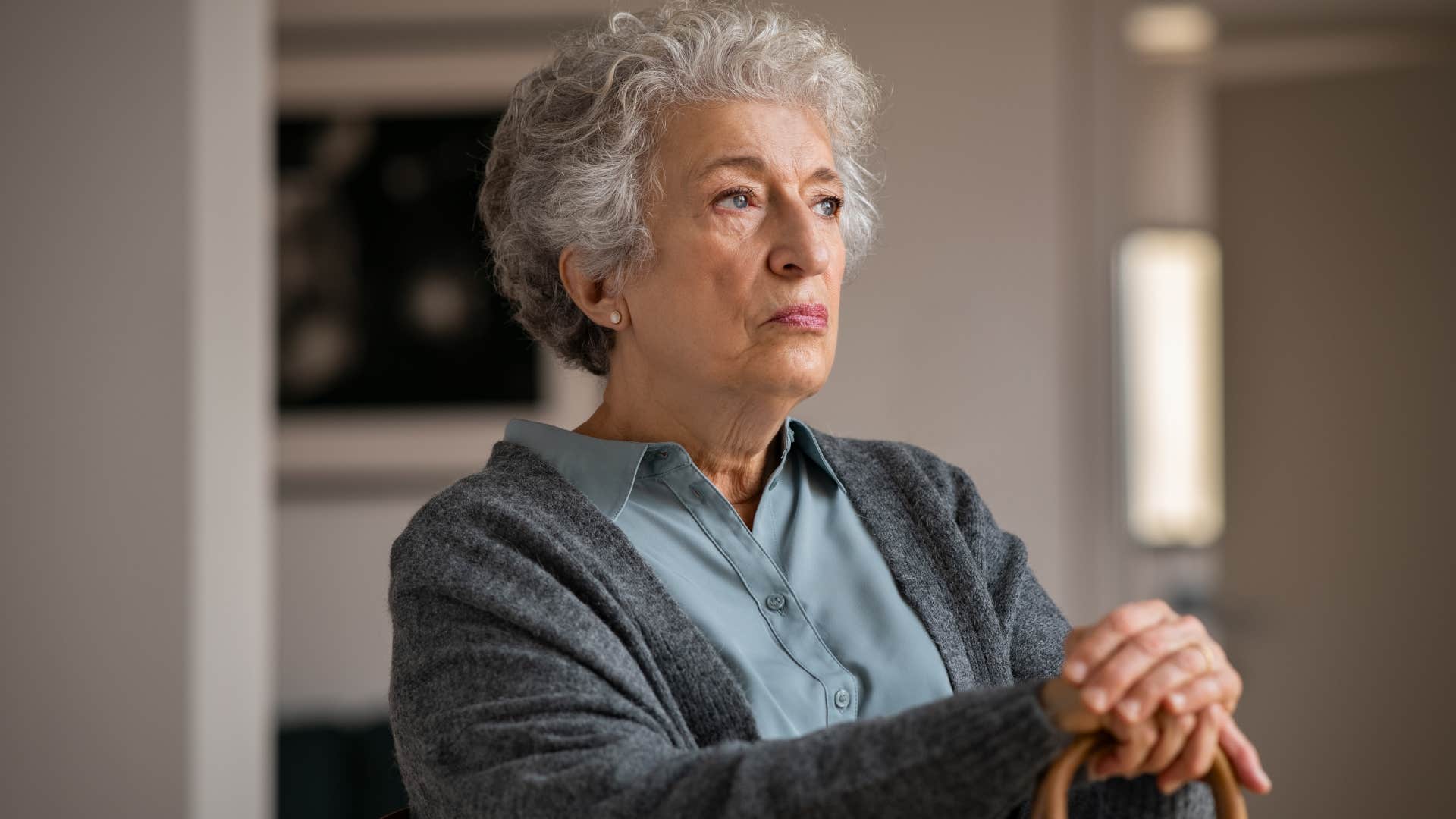 Ground Picture | Shutterstock
Ground Picture | Shutterstock
Whether it’s experiencing shifting feelings about faith in a church or struggling to find things in common with people in the communities you thrived in as a young adult, people who suddenly ignore their friends and family as they get older may simply feel unseen.
It’s natural to drift away from certain friends with age and to experience a shift in values that pushes you out of old communities, but the key to protecting yourself from loneliness and isolation is to reconnect. Reconnect with what you enjoy, learn about the new person you’re turning into, and find ways to incorporate those lessons into a new ritual or routine.
6. They’re dealing with grief
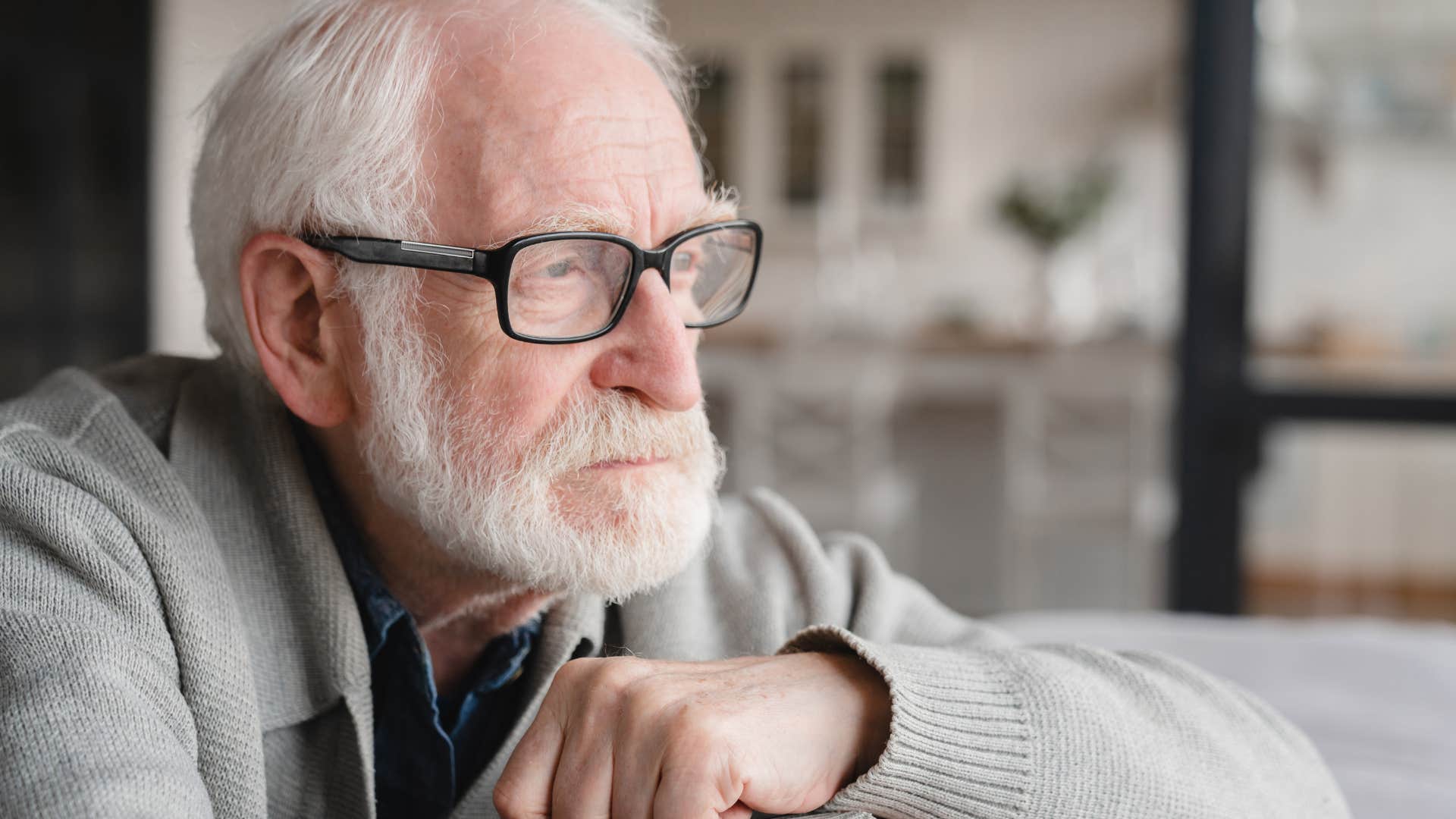 Inside Creative House | Shutterstock
Inside Creative House | Shutterstock
According to a study from Current Opinion in Psychology, people healing from a loss or dealing with grief often experience a heightened feeling of loneliness that negatively affects their mental health. Whether it’s intentional or not, the avoidance that comes with coping when they feel like nobody understands what they’re going through plays a strong role in those negative experiences.
People who suddenly ignore their friends and family as they get older usually have these reasons. Everyone else seems to move on with their lives, but the grief these people experience lingers for a lot longer.
7. They don’t have the energy for superficiality
 Ground Picture | Shutterstock
Ground Picture | Shutterstock
Healthy relationships and social connections with depth seriously boost our mental and physical health, according to a study from Harvard’s School of Public Health, but the things we prioritize in these connections shift with age. Even if superficial relationships, small talk, and friendships by association were helpful as young adults, the older we get, the more we crave depth.
People who suddenly ignore their friends and family as they get older usually have these reasons. They want depth from their relationships and are no longer interested in maintaining or feeding into superficial ones.
8. They’re protecting their mental health
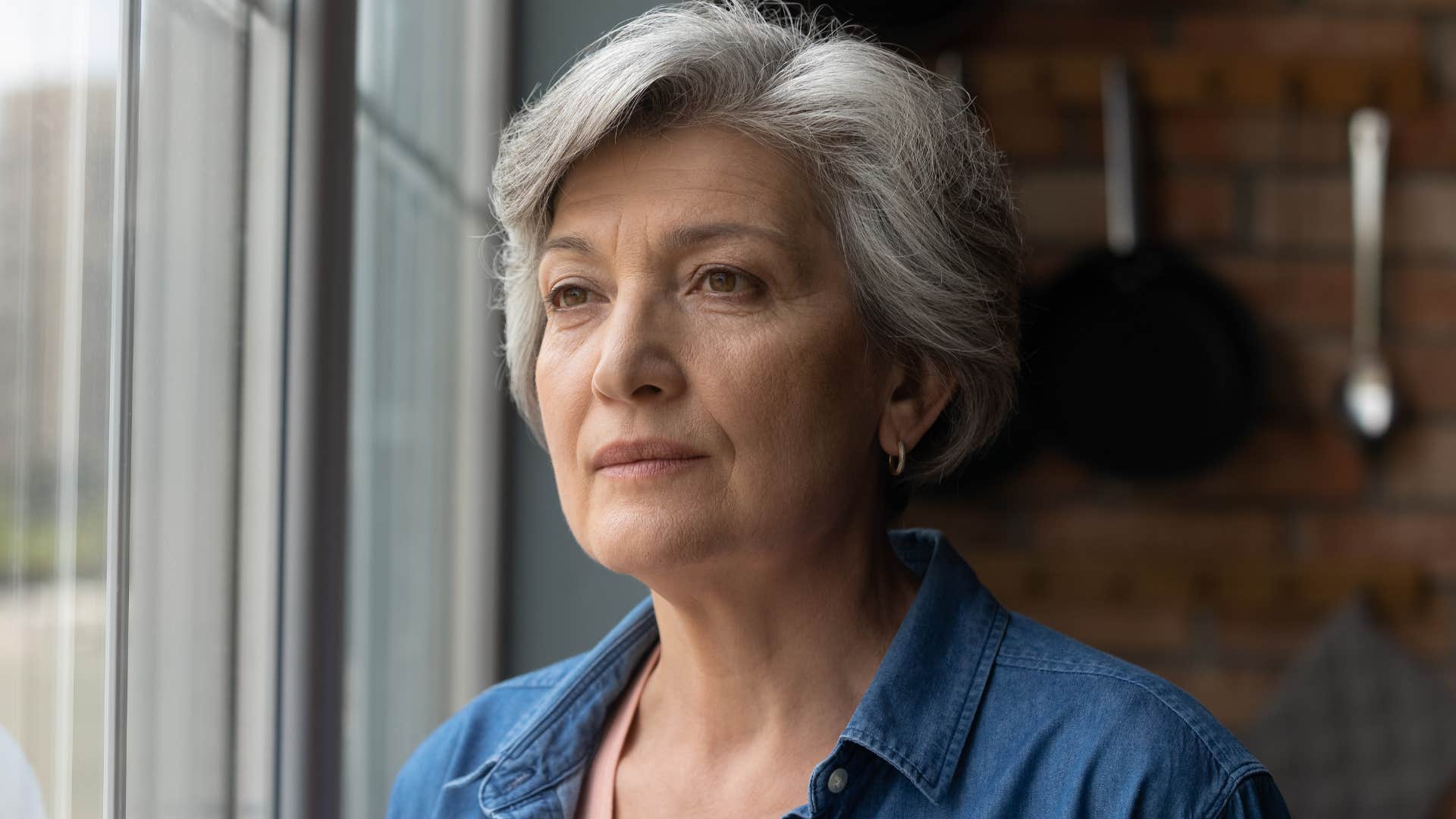 fizkes | Shutterstock
fizkes | Shutterstock
Whether it means setting boundaries with toxic family members, creating space from friends that no longer understand them, or simply indulging in more solitude that allows them to reconnect with themselves, people who suddenly ignore their friends and family may simply be protecting their own mental health.
Even if it seems counterintuitive, solitude can actually be incredibly beneficial when used intentionally for protecting mental health and personal well-being. So, if someone doesn’t feel seen or appreciated by the people in their life anymore — or worse, they’re actively harming their well-being — ignoring and setting boundaries might be their way of healing.
9. They’re protecting their peace
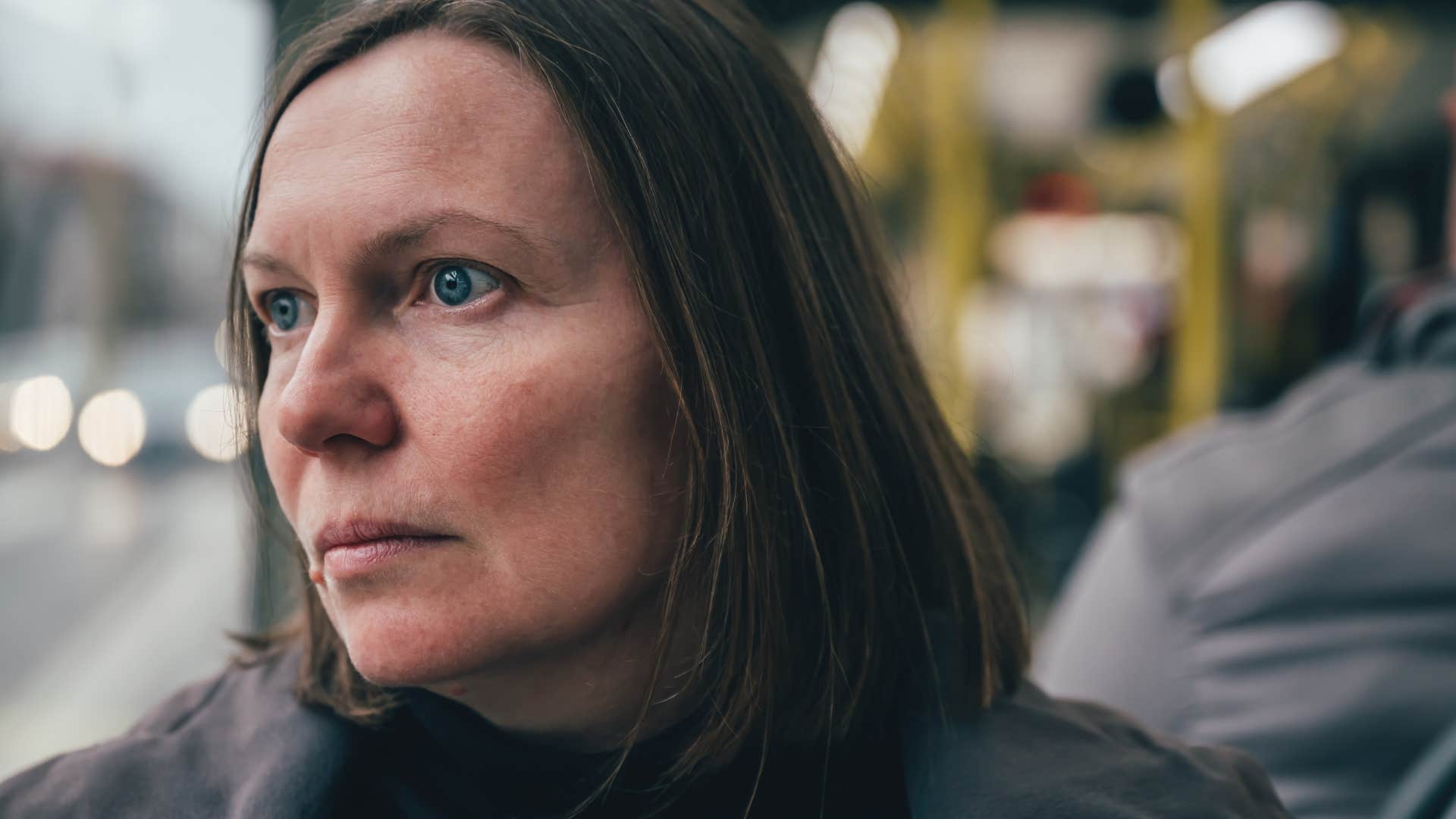 Bits And Splits | Shutterstock
Bits And Splits | Shutterstock
According to marriage and family therapist Jason Whiting, sometimes setting boundaries with toxic people and finally standing up for yourself means creating some distance. It's taking space, waiting to respond to a text, and crafting boundaries that remove a toxic person’s access to you and your well-being.
People who feel manipulated, misunderstood, or taken advantage of by their friends and family may opt to ignore them while they set boundaries and reconnect with their priorities. Especially as they get older and have a stronger sense of self-esteem and their personal values, it’s more important than ever to protect their peace.
10. They prefer not to deal with conflict
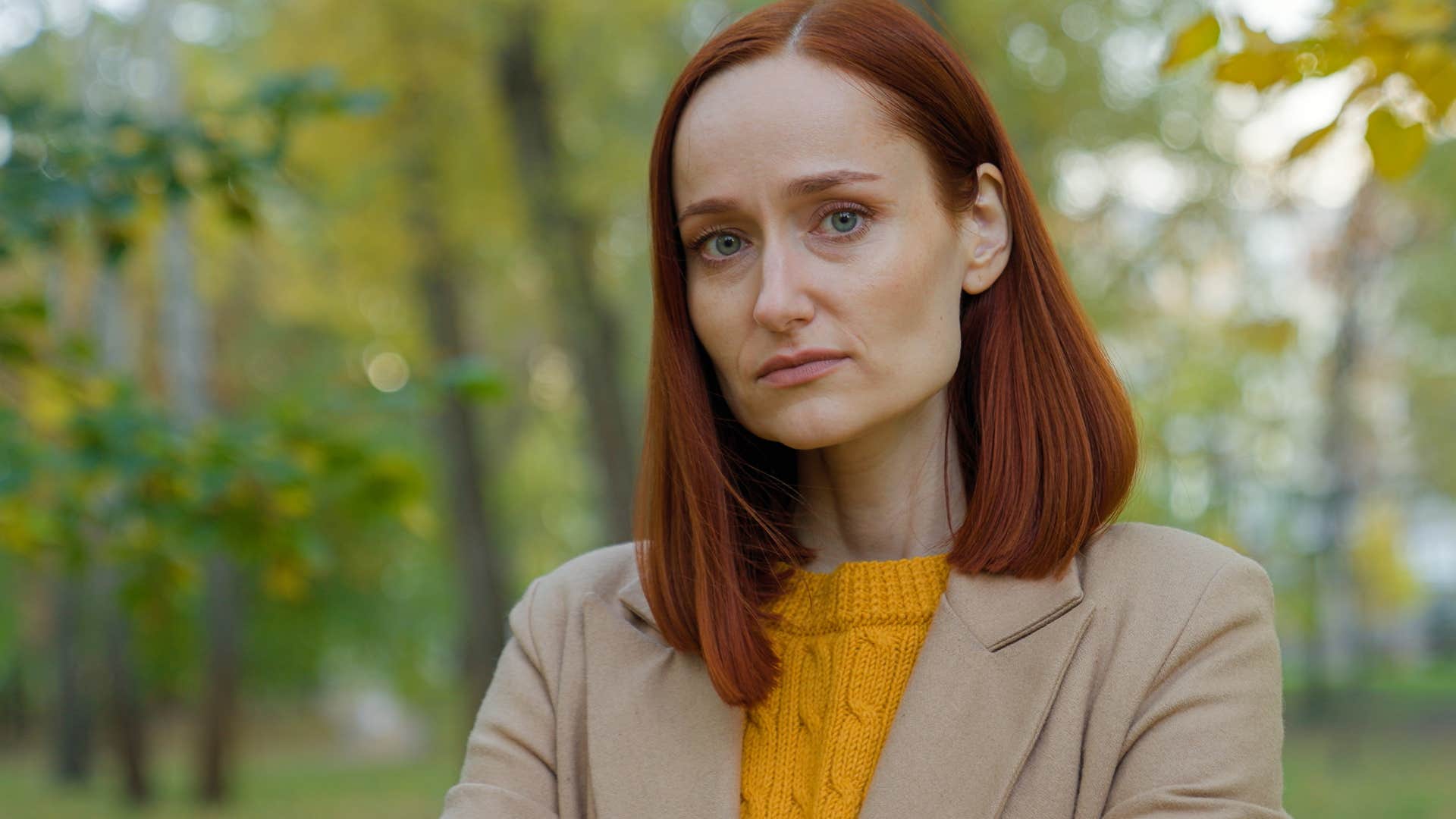 MAYA LAB | Shutterstock
MAYA LAB | Shutterstock
Especially around people who refuse to be wrong or struggle with having healthy conversations in the face of conflict, people who suddenly ignore their friends and family might prefer not to deal with confrontation. They’d prefer to save their energy for healthy conversations with secure people able to resolve conflict, rather than trying to fight to “win” an argument with an insecure person.
People who suddenly ignore their friends and family as they get older usually have these reasons. They might be secure enough to handle arguments and conflict, but if they’re always around people who refuse to or struggle to, it’s not worth draining their energy over.
11. They’re healing on their own terms
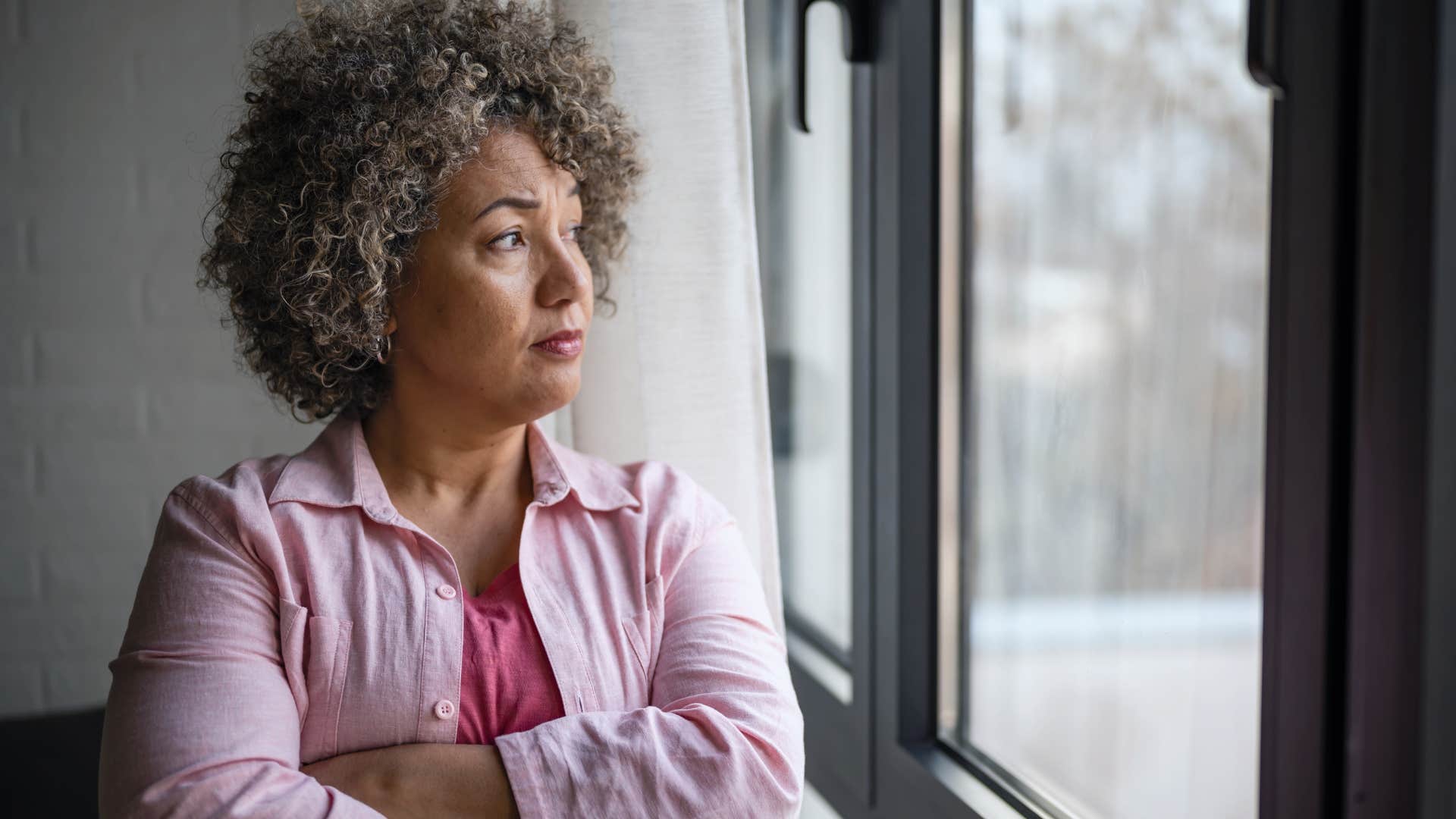 Lordn | Shutterstock
Lordn | Shutterstock
While social support and connection can be incredibly healthy for dealing with struggles in your personal life, sometimes, at the end of the day, healing starts with you as an individual. If you can’t cope with struggles, heal your issues, and find ways to move forward on your own terms, you’ll always be dependent on other people for a sense of peace.
People who suddenly ignore their friends and family as they get older may be healing on their own terms. Whether it’s grappling with unresolved childhood trauma or healing from a toxic relationship, their communication about their solitude could be better, but in the end, they’re finding a way to heal themselves first.
Zayda Slabbekoorn is a senior editorial strategist with a bachelor’s degree in social relations & policy and gender studies who focuses on psychology, relationships, self-help, and human interest stories.

